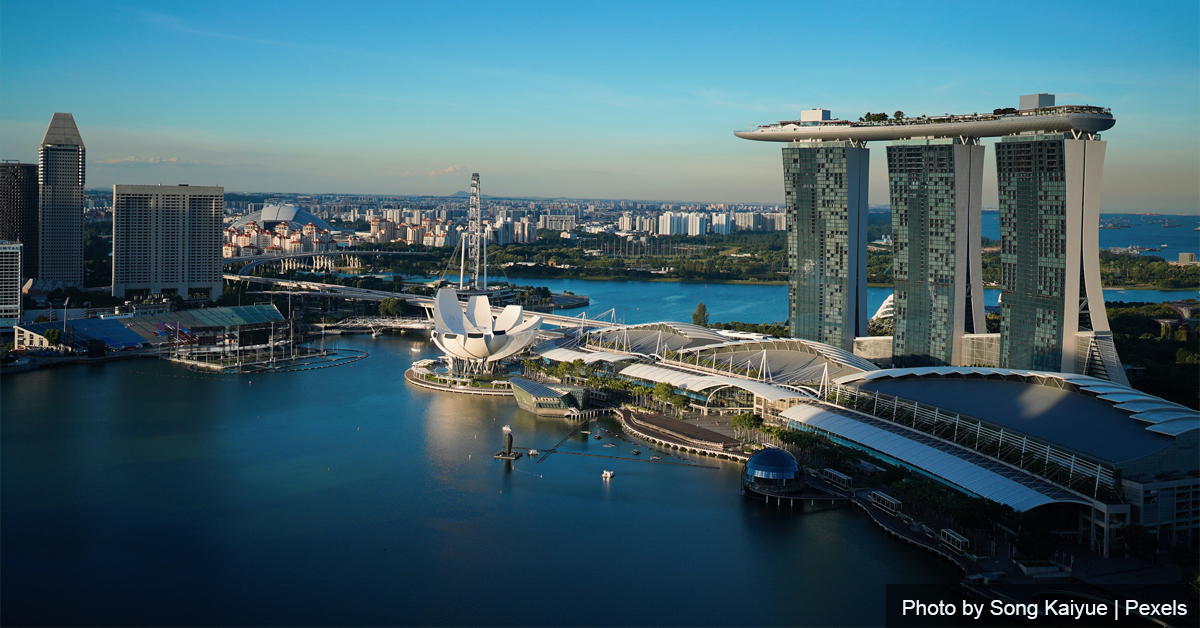
At his first outing as keynote speaker at the National Trades Union Congress (NTUC) May Day Rally on Monday (May 1), Deputy Prime Minister and prime minister-in-waiting Lawrence Wong issued a strong statement of continued commitment to the partnership that his younger generation of political leaders have with those of the union movement as well as the workers of Singapore.
He recognised that the NTUC and his governing party, the People’s Action Party (PAP), are “sibling orgnisations” that originated from the same political movement, which as we know, fought for the rights and welfare of workers even before Singapore’s independence. He said that the government has their back as the global economy faces dire times today.
This is a recurring theme of this fourth generation (4G) of leaders. Just a year ago, Mr Wong, speaking alongside Prime Minister (PM) Lee Hsien Loong at the annual May Day Rally, began his remarks with the same reference to the common political origins of the PAP and NTUC.
To symbolise that ongoing connection, he then provided the first inking of the government’s national public engagement exercise to discuss how people and government would refresh the social compact, called the “Forward Singapore” agenda.
He emphasised he wanted the labour movement’s full participation in it as it had been so much a part of Singapore’s success and development.
Since then, the NTUC launched its #EveryWorkerMatters conversations to feed important labour concerns into that Forward Singapore exercise which will conclude later this year.
In his speech this May Day, Mr Wong said: “The PAP, in turn, works closely with the NTUC to implement pro-worker laws and policies, and ensures that NTUC has the resources to look after our workers”.
As the PAP seeks to refresh the social compact with workers and citizens, Mr Wong clearly articulated his grasp of their concerns – the high cost of living; access to affordable and quality education, healthcare, and housing; and practical barriers to improving their employability. With that, he refreshed the political compact with the labour movement and tripartism.
SINGAPORE’S SECRET RECIPE TO SUCCESS
Why is that necessary? Amid the most unexpected negative turn of events post-pandemic, he said the government must work with unions and employers in the system and spirit of tripartism that has been the “secret recipe” to Singapore’s past success to meet the new challenges and find opportunities for growth.
He said that tripartism is Singapore’s unique value proposition, an “inheritance”, worth even more than the billions of dollars that other countries will throw to attract and retain new investors in their economies.
This, and the most recent demonstration of it being the special effort made to save jobs and secure workers’ livelihoods during the pandemic, mean that the key stakeholders have developed the rare habit of finding common purpose in adapting to disruptions such that all are better placed to work, innovate, and create economic value together.
While the 4G leaders and union chiefs at the elite level know this, keeping the faith with workers and employers comes down to time, money, and difficult political choices.
DIFFICULT CHOICES ON WAGES AND FOREIGN LABOUR
Consider this: In labour-lean Singapore, in fact millions of dollars have been put aside through various government programmes to skill, reskill, and upskill workers; attract more to return to the workforce and remain past retirement age. Mr Wong, who is also Finance Minister, has said that this system of skills development, including SkillsFuture, will be made more effective, especially for those who now only have basic vocational capabilities.
That effort must undergird the near-universal implementation of the skills and wage ladder system of the Progressive Wage Model at this time of recovery which places a double burden on employers. As businesses struggle to survive, restructure and develop new streams of value, they also have to do right by local workers. They will not be allowed to grasp for the easier route - to have the foreign workers they need or want.
The policy choice has been to ensure that firms needing workers will also need to pay a “local qualifying salary” before they are allowed to tap foreign labour - this from Work Permits to professional Employment Passes.
At the higher end, foreign professionals can be scored on four or up to six stringent criteria in the Complementarity Assessment Framework, recently enhanced to recognise the needs for strategic growth sectors, before they are assessed to be qualified for work here.
In his speech, Mr Wong shared stories of four multinational firms to illustrate his grasp of the sort of competition Singapore faces in securing more wealth-creating investments and the strategies employed for a win-win-win equation among the tripartite partners for the long-term.
What he did not mention much of are the local businesses that need “home” to be the best place to start, grow, and take off. They cannot outbid the big boys here for the requisite resources, which is why there are NTUC programmes tailored to this critical market for talent and manpower. It is the foreign-local nexus among businesses that will benefit from greater attention as we move ahead.
The 4G leaders led by Mr Wong must mediate this complex set of demands and expectations between labour and employers, tapping on the “inherited” political asset they have, as they take over the reins from PM Lee and the other senior Cabinet members. The more explicit, honest, and emphatic they can be about what these considerations are, the deeper and more robust the political compact across government to employers, workers, and citizens as the world presents us with a more uncertain future.
Dr Gillian Koh is Deputy Director (Research), Institute of Policy Studies, National University of Singapore.
This piece was first published in CNA on 2 May 2023.
Top photo from Pexels.